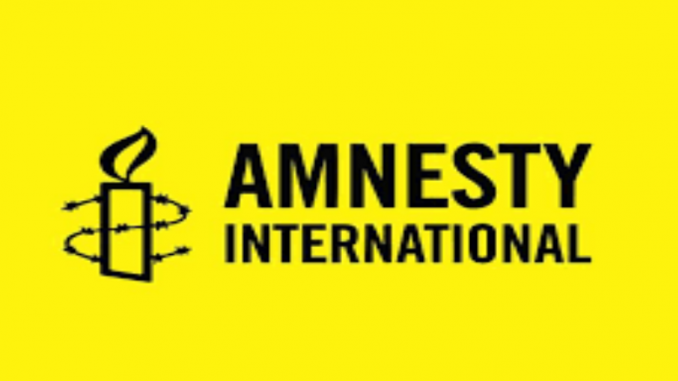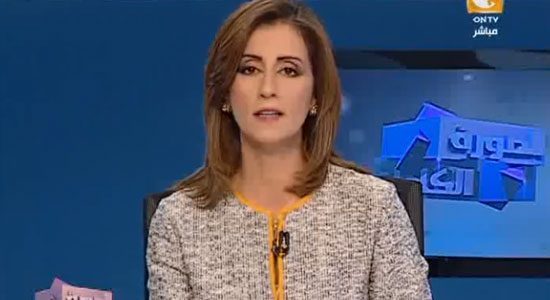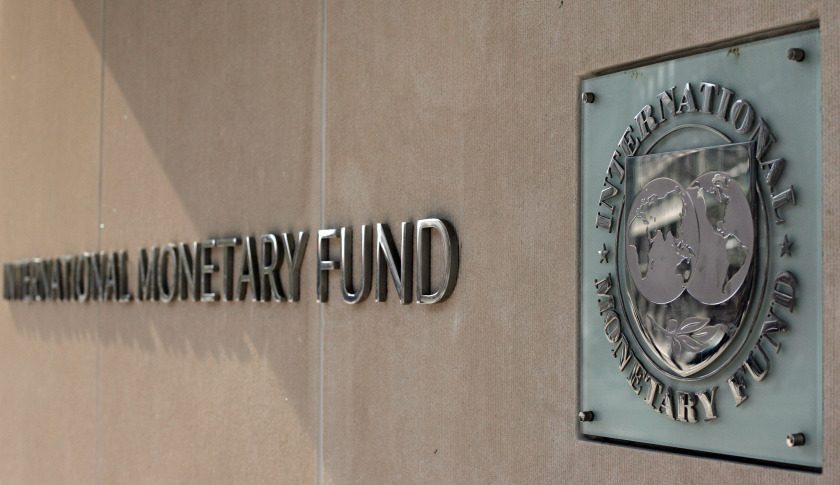
Throughout the five years of the military coup that overthrew Egypt’s first democratically-elected government, Al-Sisi’s regime has launched the largest crackdown on opposition in the country’s modern history.
Amnesty International says Egypt’s crackdown on freedom of expression has reached “alarming” levels, and called for the unconditional release of Egyptians jailed for peacefully expressing their views.
The rights group launched a campaign called “Egypt: An open-air prison for critics” on Tuesday.
It said in a statement it wants supporters around the world to show their solidarity with Egyptians detained for expressing their views by writing to the Cairo government to put an “end to the persecution”.
Egypt has launched the largest crackdown on critics in its modern history in the five years since the military ouster of the first democratically-elected leader of Egypt, Mohamed Morsi, in 2013.
The regime – led by Abdel Fattah al-Sisi – has arrested thousands of Muslim Brotherhood supporters, along with iconic secular activists, placed media under tight control and suppressed the freedoms of ordinary Egyptians.
The government has said improving the security situation and economy are its top priorities.
Human rights groups estimate that as many as 60,000 political prisoners languish in Egyptian jails, significantly more than under Hosni Mubarak’s dictatorship.
In 2013, Egyptian security forces killed over 1,000 demonstrators who attended sit-in protests at Cairo’s Rabaa Square against the 3 July military coup of Mohamed Morsi.
The crackdown has also enforced tighter controls over the media as well as civil society groups, rolling back most of the freedoms won by the uprising.
Rights group also criticized mass trails in Egypt for including many peaceful protesters and journalists.
An award-winning photographer who covered the protests, Mahmoud Abu Zeid, was sentenced to five years in jail, but would soon be released because his five years in detention during the trial are counted towards the sentence, judicial sources said.
Abu Zeid, also known as Shawkan, was awarded a UN World Press Freedom Prize this year. He was charged with belonging to a banned group and possessing firearms.
“We condemn today’s verdict in the strongest terms,” Amnesty International said in a statement. “The fact that not a single police officer has been brought to account … shows what a mockery of justice this trial was.”
Death sentences have been handed down to hundreds of his political opponents on charges such as belonging to an illegal organisation or planning to carry out an attack. Often the sentences are not carried out, but rights groups say hangings have increased in recent years, with dozens taking place each year.
This month, Egyptian court delivered death sentences to 75 people, including prominent Islamist leaders, accused of murder and inciting violence during the protest at Rabaa Square.



